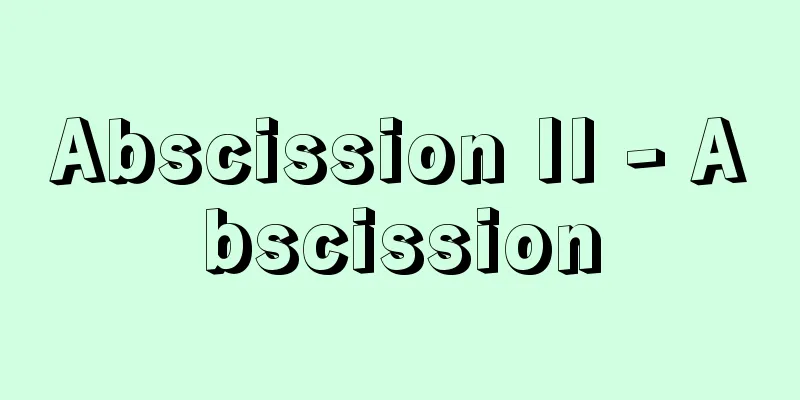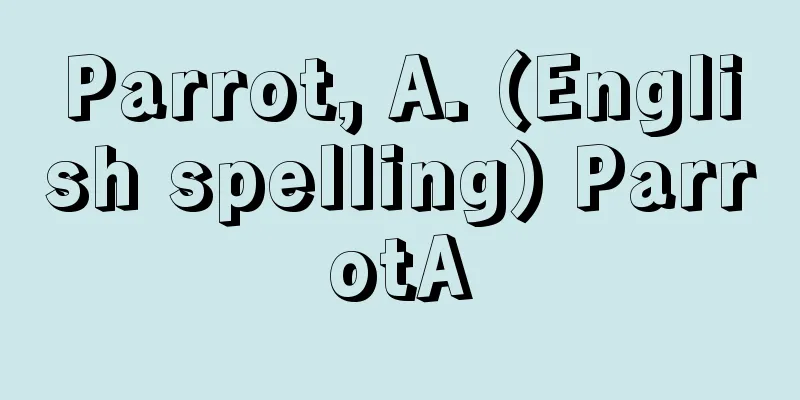Compulsory management

|
This is a forced execution against real estate owned by a debtor to satisfy monetary claims. It is carried out by not selling the real estate subject to execution, but by renting it out or using the income (rent, etc.) gained from it to satisfy monetary claims (Civil Execution Act, Article 93 and following). Since it is not sold, it is not possible to obtain a large amount of money at once, but it has the advantage that the debtor does not lose ownership of the real estate in order to satisfy small claims, and it is a convenient method when it is difficult to sell the target property. The procedure for compulsory administration is started upon the creditor's petition. If the court approves this, it issues a decision to start compulsory administration and appoints an administrator. The decision to start the administration declares the attachment of the real estate, prohibits the debtor from disposing of the proceeds, and orders the third party to provide the proceeds to the administrator if there is a third party with an obligation to provide the proceeds. The administrator can also occupy the real estate on behalf of the debtor for administration and income, and from the income earned from the real estate, deduct the debtor's living expenses ordered by the execution court, public charges such as taxes to be borne by the real estate, the administrator's fees, and other necessary expenses, and distribute the remaining amount to the creditor. If both compulsory auction and compulsory administration are possible, the creditor may choose either one, or the two methods may be used together. In other words, it is possible to carry out compulsory administration when the value of the real estate is low, and then switch to compulsory auction and sell the property when it becomes expensive. [Yoshinobu Homma] Source: Shogakukan Encyclopedia Nipponica About Encyclopedia Nipponica Information | Legend |
|
金銭債権の満足のため、債務者所有の不動産に対して行う強制執行。執行の対象である不動産を売却しないで、賃貸などをしてそれから得られる収益(賃料など)でもって金銭債権の充足にあてるという方法で行われる(民事執行法93条以下)。売却しないから一時に多額の金銭を取得することはできないが、少額の債権の満足のためには、債務者が不動産の所有権を失わなくてすむという利点があり、目的物件の売却が困難な場合にも便利な方法である。 強制管理の手続は債権者の申立てにより開始される。裁判所はこれを認めるときは強制管理開始決定を下し、管理人を選任する。開始決定では、当該不動産の差押えを宣言し、債務者に対しては収益処分の禁止を、給付義務を有する第三者がある場合には第三者に対して管理人への給付を命令する。また、管理人は、管理・収益のため不動産を債務者にかわって占有することができ、その不動産から得た収益から、執行裁判所の命じた債務者の生活費、その不動産の負担すべき租税などの公課、管理人の報酬その他の必要な費用を控除し、その残額を債権者に配当する。債権者は、強制競売(けいばい)と強制管理の双方が可能である場合には、そのどちらを選んでもよいし、二つの方法を併用することもできる。すなわち、不動産価額が低い場合に強制管理をし、高価になった時点で強制競売に切り替え換価することも可能である。 [本間義信] 出典 小学館 日本大百科全書(ニッポニカ)日本大百科全書(ニッポニカ)について 情報 | 凡例 |
<<: Administrative Management Agency
>>: Administrative audit - Gyoseikansa
Recommend
Angle gauge
This is a standard gauge for measuring angles. Li...
Asphalt - Asphalt (English spelling)
A type of bitumen. There is naturally occurring a...
Mountain leech - Haemadipsa zeylanica japonica
An annelid of the family Landyridae in the class H...
Song of Myself
...As one researcher commented, "It's li...
Ashibetsu [city] - Ashibetsu
A city in central Hokkaido. Established as a city ...
Battle of Urai
…Sargon's successors mainly lived in Nineveh,...
Horses - Horse tribe
…The only modern species is the genus Equidae, wh...
Safety - Anzensei
Safety means that there is no harm to health, lif...
All-India States' Peoples Conference
The common language of the inhabitants was Malaya...
Danzura
〘Noun〙 A road made one level higher by stacking ku...
UP - United Press Association
An American news agency founded in 1907 by E. W. S...
Koyadaira [village] - Koyadaira
A village in Mima District, southwest Tokushima Pr...
Artsïbashev (English spelling) Mihail Petrovich Artsïbashev
A Russian novelist. Born as the son of a minor no...
Foreign trade
Trade is the exchange of goods between companies ...
Kisago (Kisago) - Kisago (English spelling) Umbonium costatum
A snail shell of the family Celastridae that is co...









